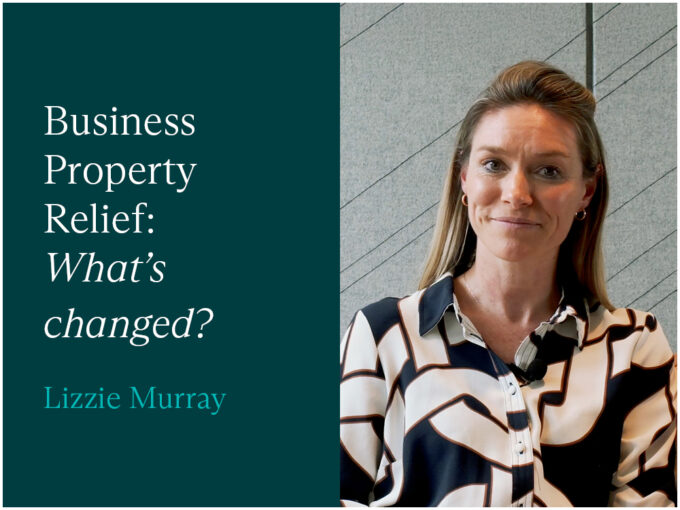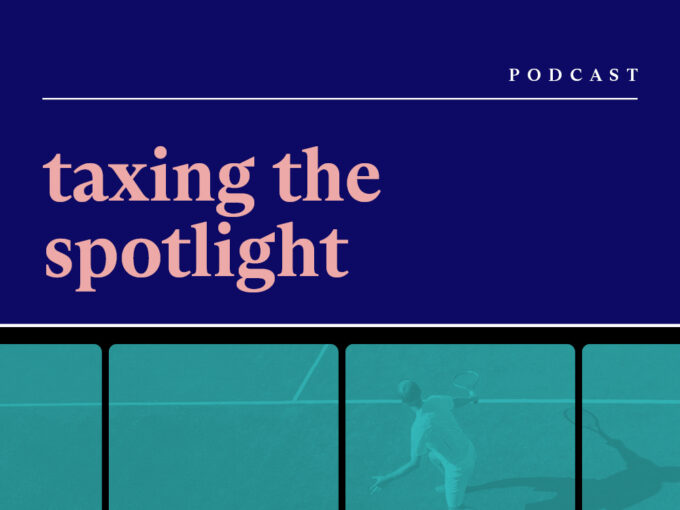The 2023-24 tax returns will be the first that has to include additional income brought about by the basis period reform.
What is basis period reform?
It has been common practice for partnerships and sole traders to have a twelve month accounting period that ends somewhere within the UK tax year – and under the basis period rules it was the profits of that accounting period that would be brought into tax. Following reform of these rules, it appears likely that a lot of these businesses will change their accounting year-end to align with the tax year or 31 March. An exception to this may be those businesses who are affected by other commercial factors, such as farming businesses and those businesses with an international presence.
HMRC basis period reform
A business is free to carry on using their current year-end date, but HMRC will now tax the sole trader or partner on their trading profits that arise over the tax year, regardless of the trading year-end date that is being used. This will start from the 2023-24 tax year.
If a business keeps their current non-tax year end date, then the sole trader or partner will need to apportion their profits and losses over the tax year to determine the profits they are taxed on for that tax year. The apportionment will be on a time basis. This will be an additional administrative step for businesses and may be difficult for businesses with fluctuating profits. For businesses whose accounting date is later in the year, they are unlikely to have accurate profit figures available to apportion before the filing deadline for their tax return. Under the new rules, these businesses will have to file their tax return using provisional figures and then amend the return and pay any extra tax, once the final profit or loss figure is known.
Basis period reform transitional year
For the 2023-24 this year the sole trader/partner will be taxed on their profits for the 12 months starting from the end of the last accounting date falling in the 2022-23 tax year, plus an additional “transitional profit” running from the end of that period to 5 April 2024/31 March 2024. The total “transitional profit” (excluding any interest income received by the business) will be automatically spread over five years, starting with the 2023-24 tax year. The sole trader/partner can elect to bring forward some or all of the “transitional profit” and be taxed sooner, if they wish.
If a sole trader or partner has any “overlap relief” which is leftover from the first year of two of the commencement of their business, this will have to be deducted from the “transitional profit” amount. The overlap relief cannot be carried forward and no new overlap relief will be created in future.
The first tax payment under the new basis period reform rules will be on 31 January 2025, so action now is recommended where no decision has yet been made on how to deal with the “transitional profit” that will arise for the 2023-24 tax year. If you have not already, you should also consider whether it would be beneficial to change your accounting period to align with the tax year. Making Tax Digital for income tax is on the horizon, and it seems likely that the move to quarterly reporting looks set to be easier for businesses with a 5 April or 31 March year end.
How we can help?
If you have any questions about what these changes might mean for you and your business, please get in touch with your usual Saffery contact or with Robert Langston.
Useful Resources:
Contact Us
Partner, London
Key experience











